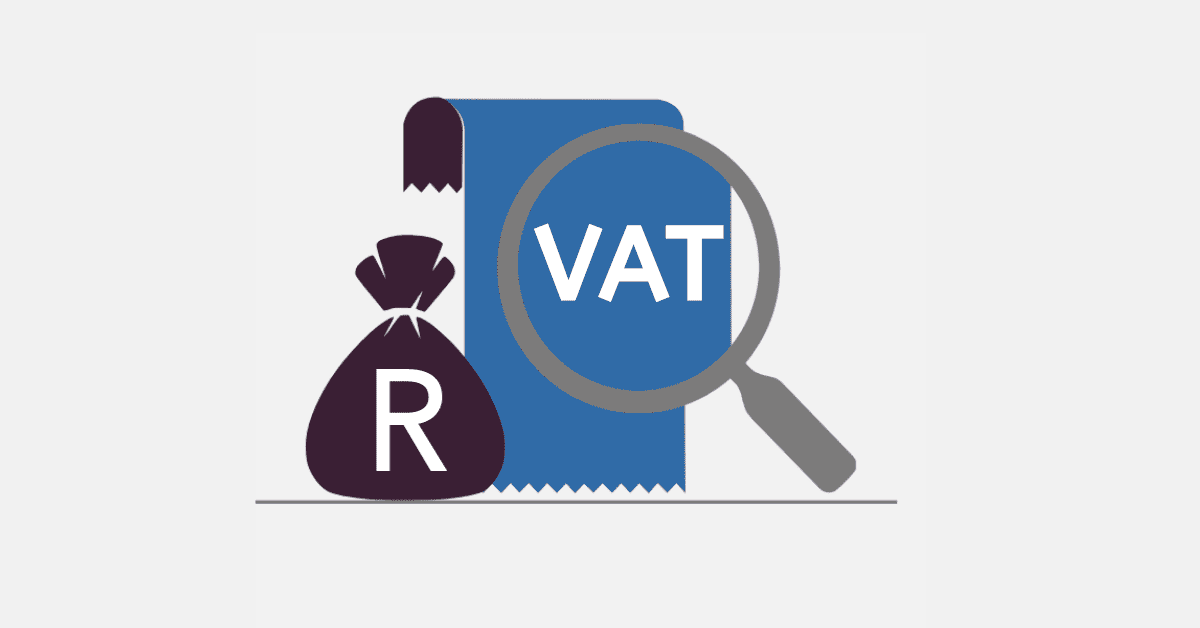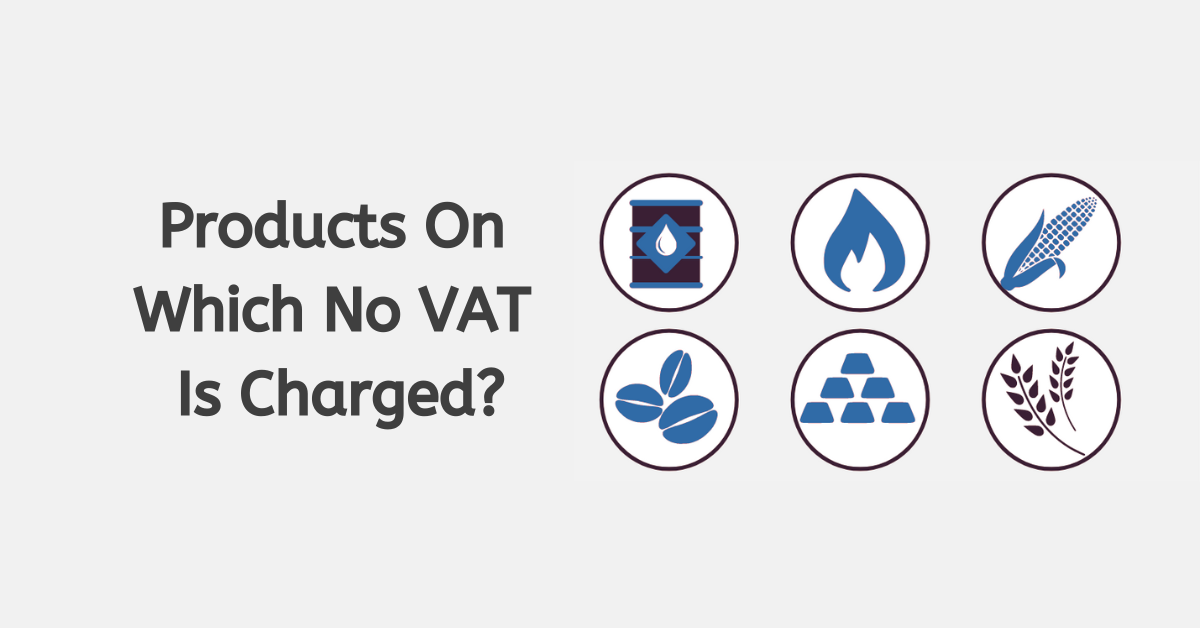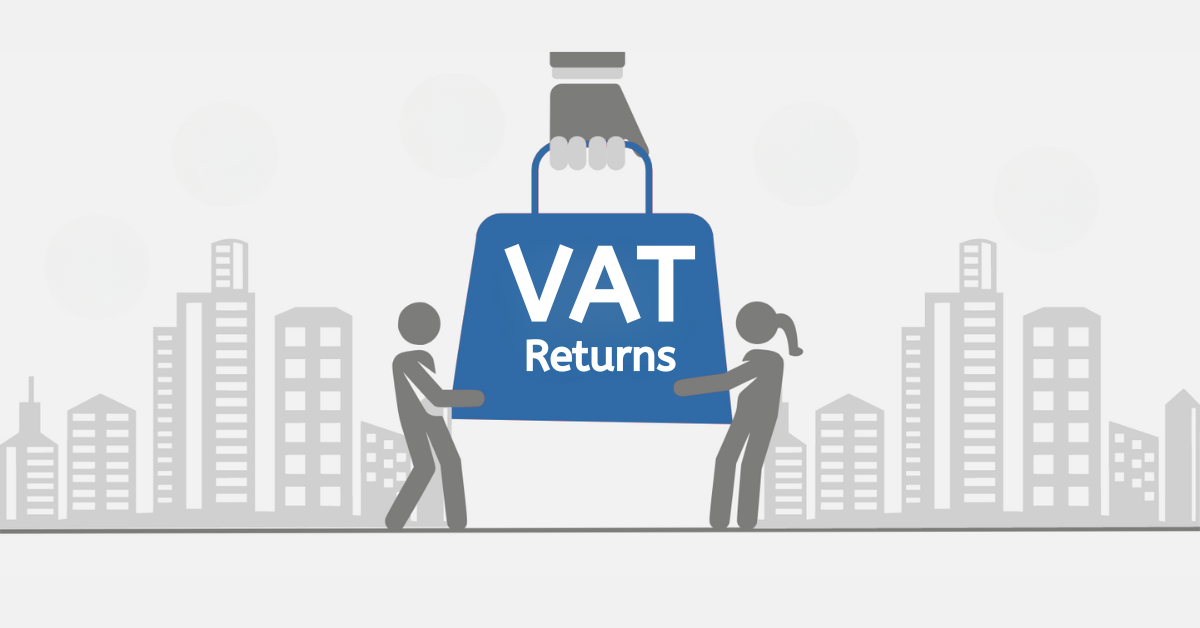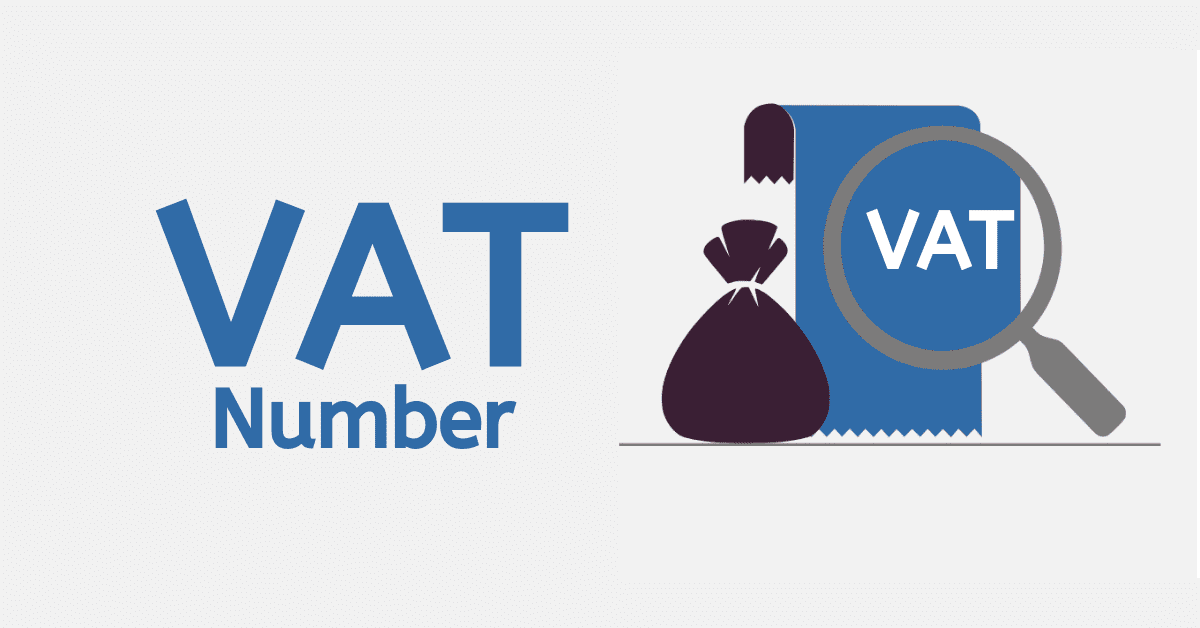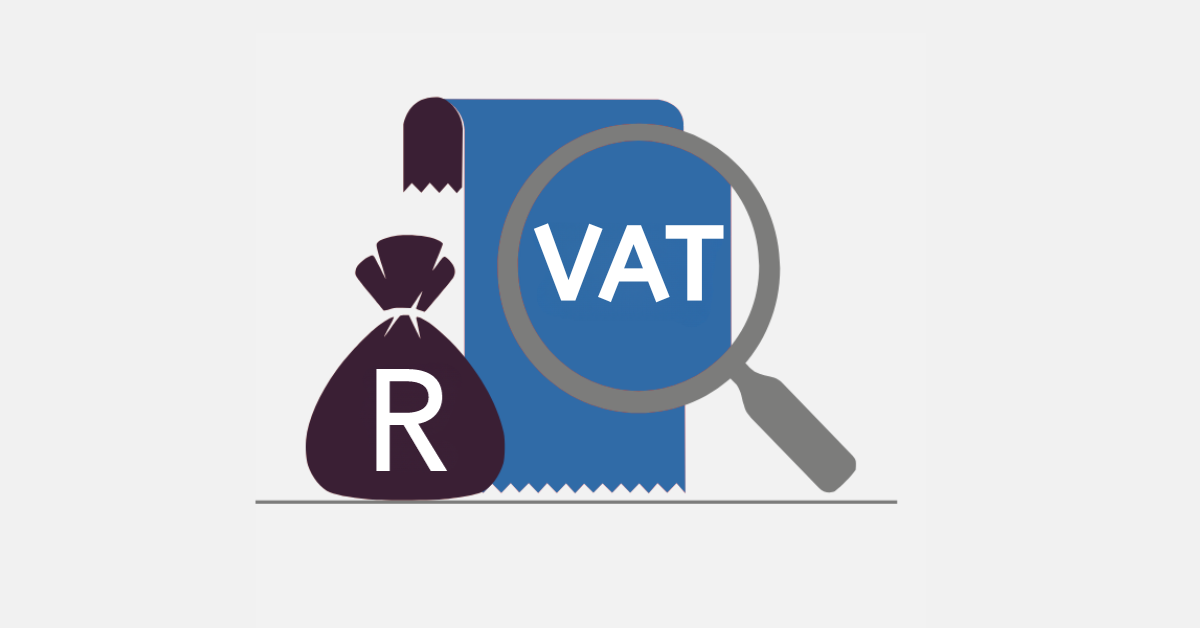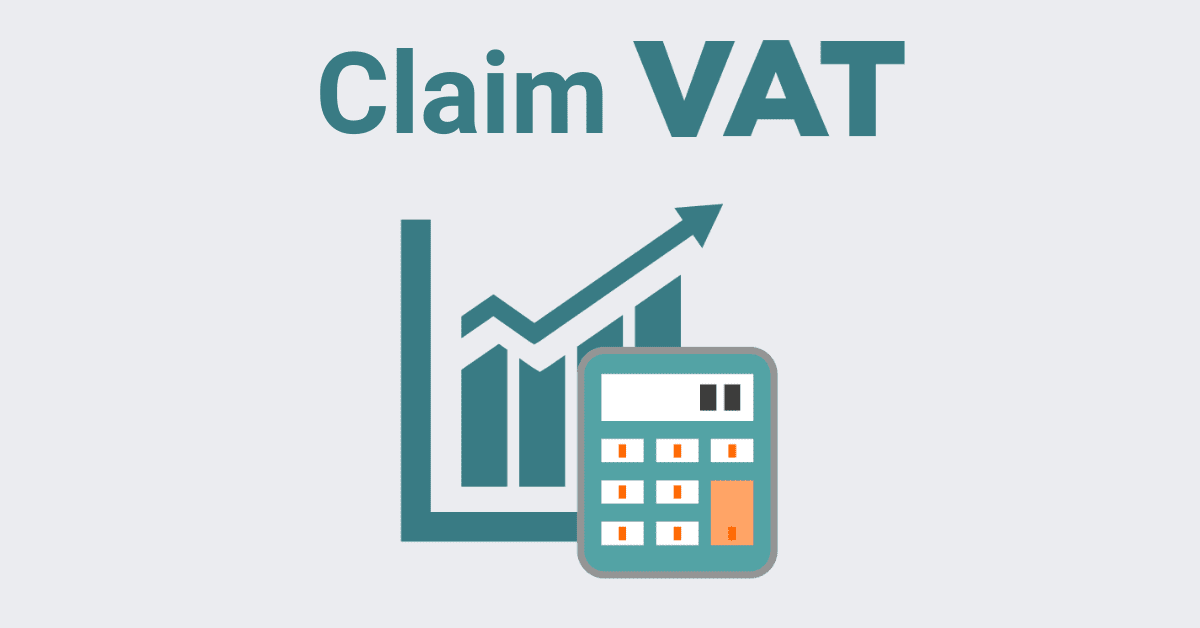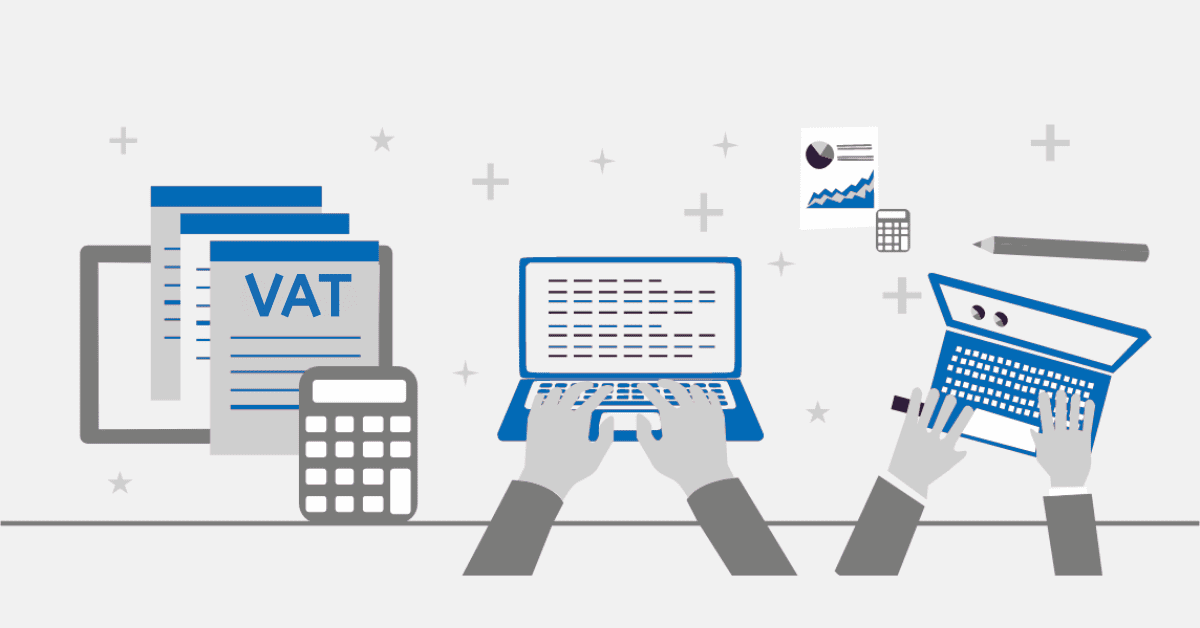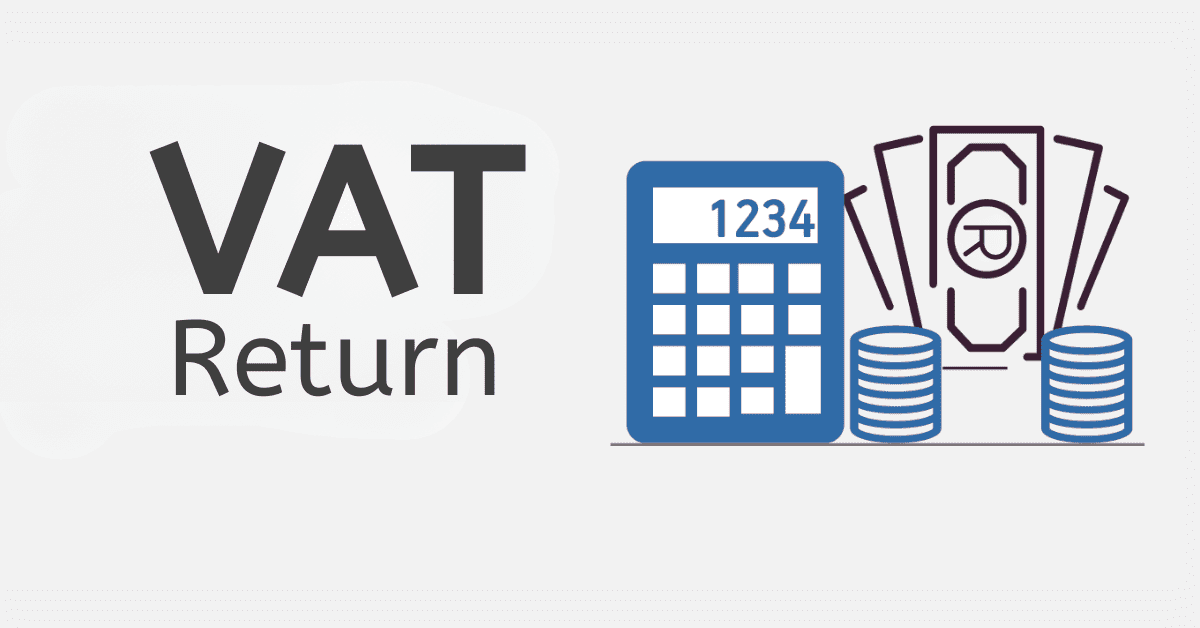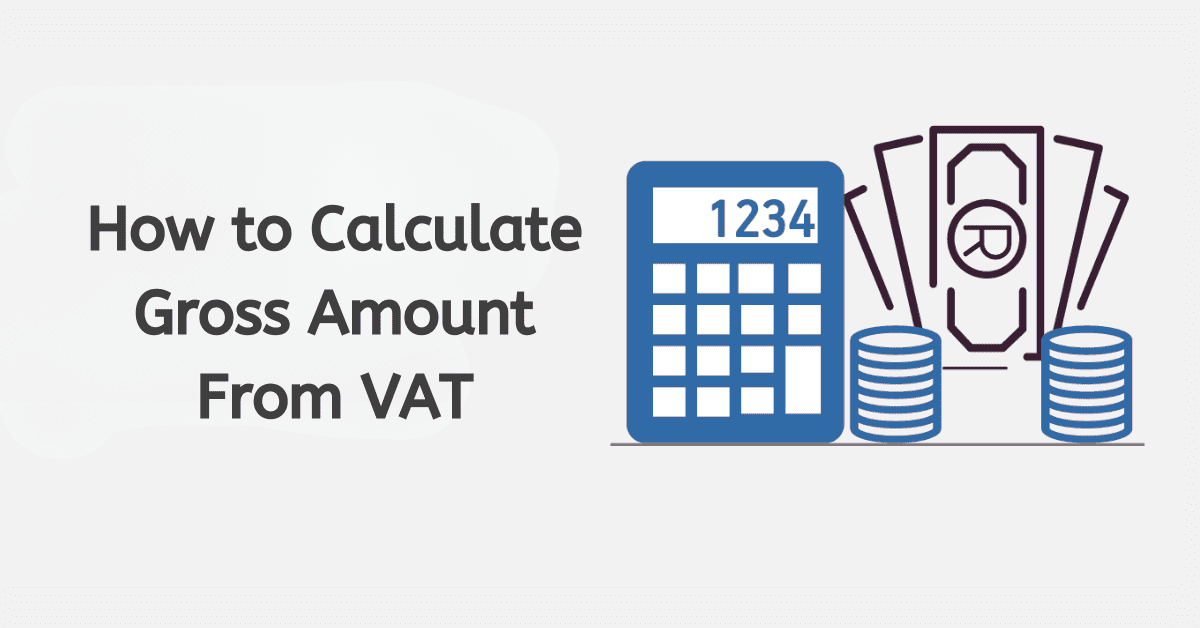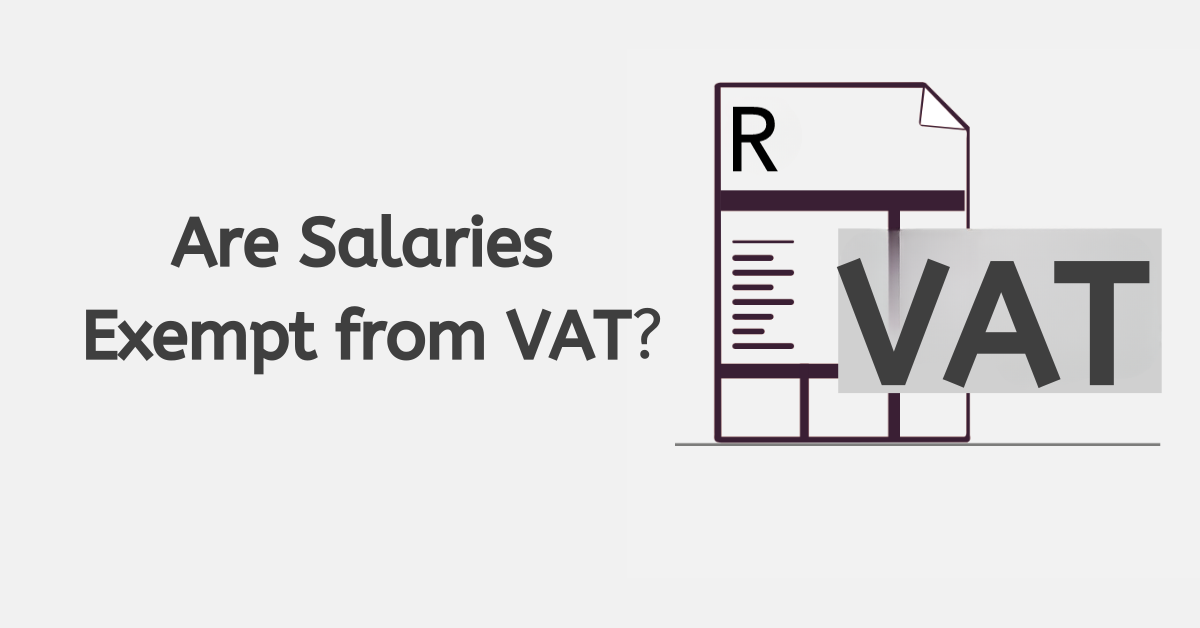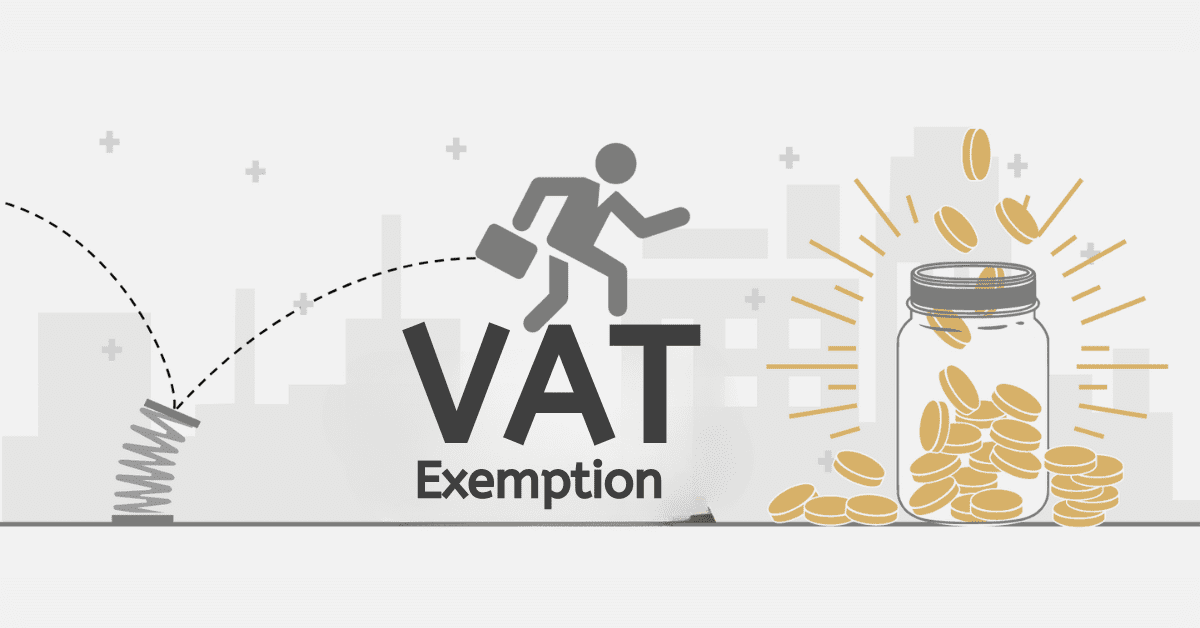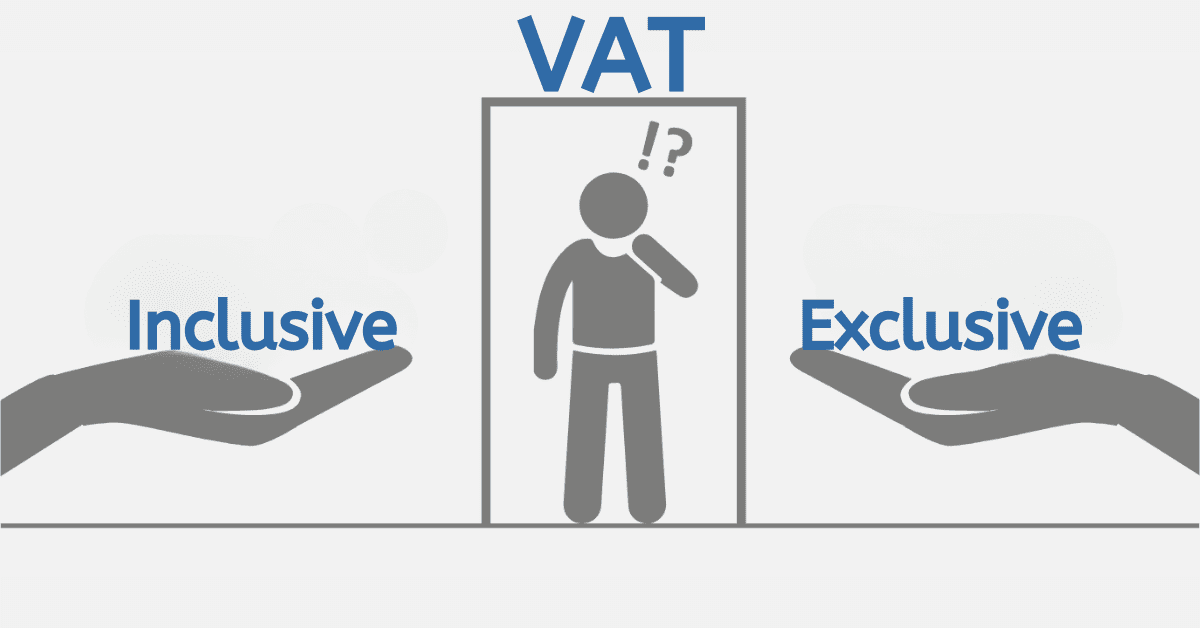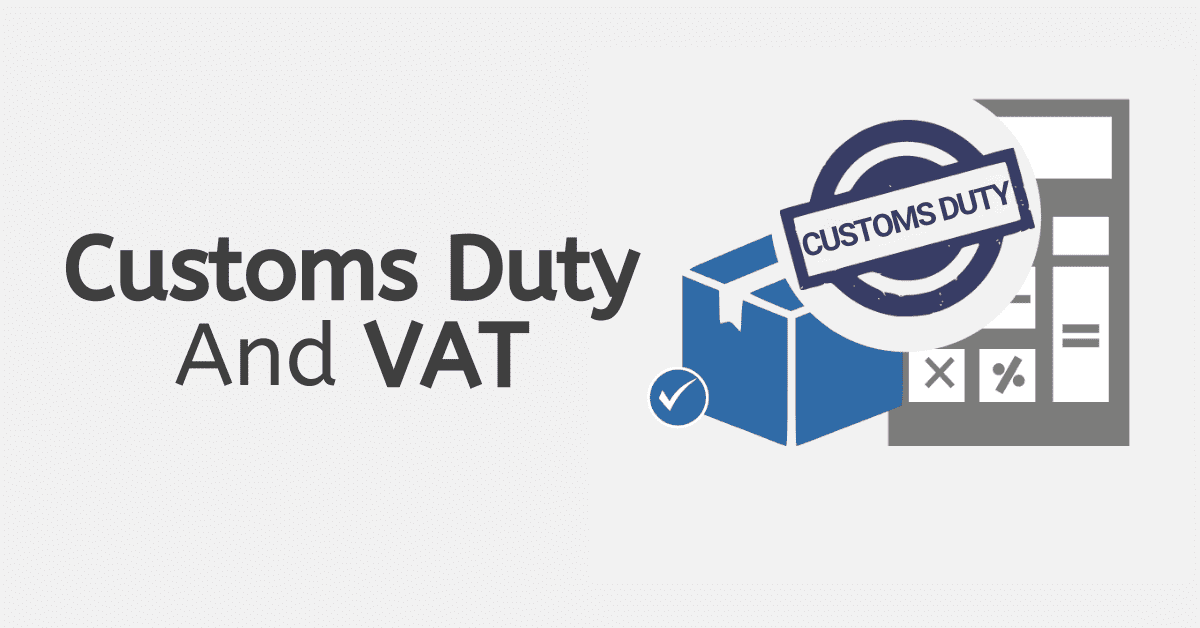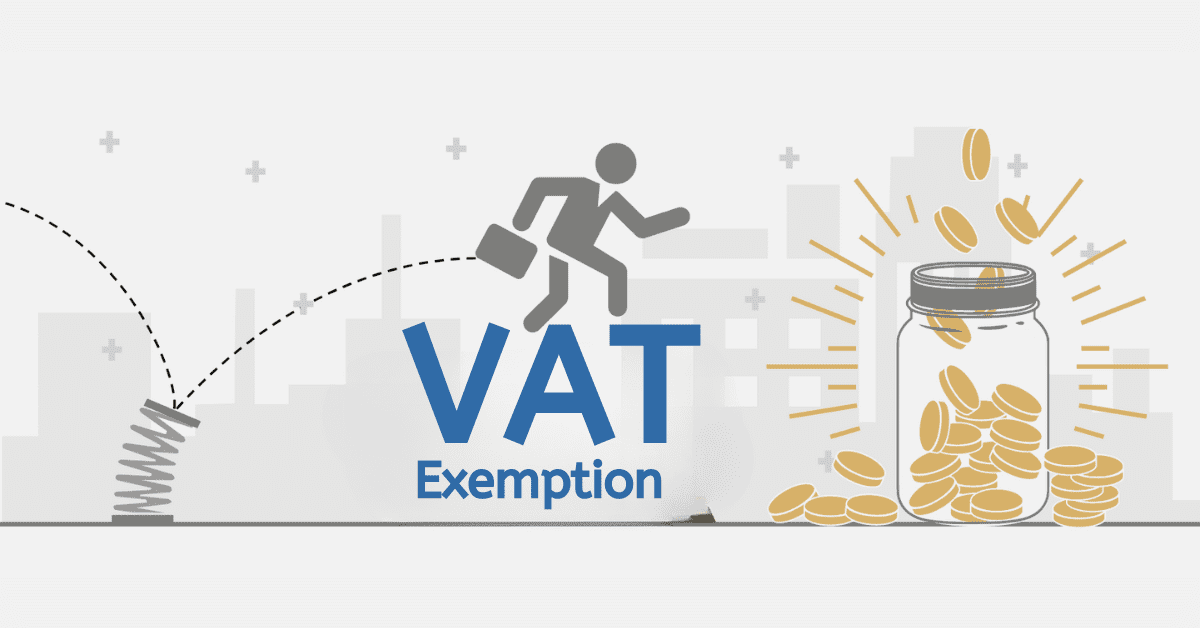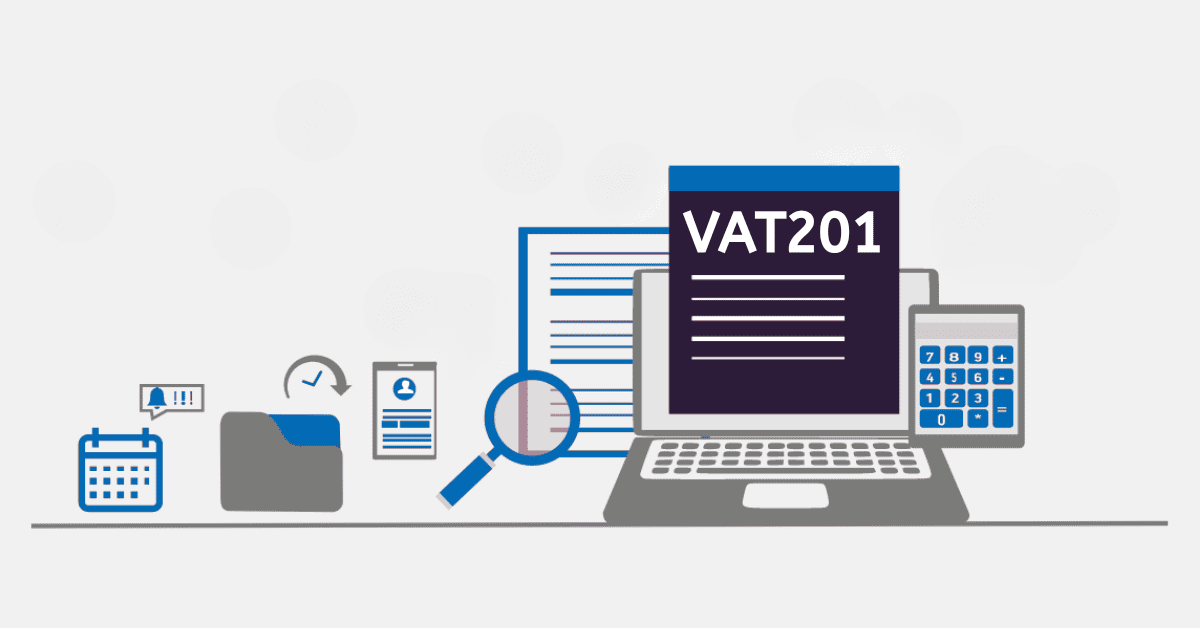There is much confusion among businesses in the South African market as to what ‘VAT exemption’ really means. Many businesses assume it is a way to avoid having to pay VAT. Instead, it refers to a specific type of business, making only VAT-exempt products (not zero-rated products, which can still leverage their input VAT for a VAT refund). Today, we will break down the idea of VAT exemption
What Is A VAT Exemption?
Firstly, let’s clarify that compulsory VAT registration for businesses in South Africa only occurs when your taxable income passes R1,000,000 in a 12-month rolling period. While you can choose to voluntarily register for VAT after you make R50,000 in the same period, it will not be mandatory for any business until that threshold is reached.
What, then, is a VAT exemption from SARS? Technically speaking, there isn’t! The idea that you can be ‘VAT exempt’ stems instead from the fact that businesses that only deal in VAT-exempt goods cannot register for VAT through SARS, even if they otherwise meet the standard income threshold for compulsory registration. It is a common misconception you will find in South Africa, however.
How To Get A VAT Exemption Certificate
There is no ‘VAT exemption certificate’ needed from SARS. This idea often crops up, however, as certain types of organizations can apply for a tax exemption certificate from SARS if they meet the criteria for it. These are on offer to organizations in the following categories:
- Public Benefit Organizations
- Recreational Clubs
- Government-Owned Institutions
- Homeowners Associations
- ‘Angel Investors’ and Small Business Funding Entities
- Public Institutions
To add further confusion, businesses that make only VAT-exempt products cannot register for VAT, regardless of their overall turnover. However, those businesses that make zero-rated goods can still claim their input VAT and thus can be VAT-registered.
What Is Zero VAT And VAT Exempt?
Zero-rated VAT refers to transactions that are subject to a VAT rate of 0%. While this might seem similar to being exempt from VAT, there is a subtle but crucial difference. In zero-rated transactions, VAT is still applicable, but the rate is set at zero. This means that businesses must still account for VAT in their transactions, but the tax rate applied is effectively nil. Businesses engaged in zero-rated transactions can usually claim input VAT credits, meaning they can recover the VAT paid on their inputs.
Examples of items that are often zero-rated include certain basic food items, educational services, and exported goods. While businesses may still need to go through the process of VAT accounting for zero-rated items, consumers benefit from not having to pay tax on these specific goods and services. Businesses engaged in zero-rated transactions need to register for VAT, as they are part of the VAT system.
VAT-exempt transactions, on the other hand, involve goods and services that are not subject to VAT at all. Unlike zero-rated transactions, where the VAT rate is 0%, exempt transactions are entirely outside the scope of VAT. No VAT is calculated or charged on these items, and businesses involved in exempt transactions generally do not have to register for VAT. Businesses involved in exempt transactions cannot claim input VAT credits, as there is no VAT on the transactions.
Examples of VAT-exempt items often include certain financial services, residential rental income, and the sale of second-hand residential properties.
Can You Claim VAT If You Are VAT Exempt?
You will not be able to claim VAT if you are a VAT-exempt business. Unlike your counterparts who work with zero-rated VAT products, you exist outside of the overall VAT system and generate neither output nor valid input VAT amounts.
In other words, you will need to conduct your business similarly to non-VAT-registered entities, with no ability to claim input VAT amounts in the production of your goods or services. However, if you also make zero-rated goods or offer other goods and services that are subject to standard VAT amounts, you can still register for VAT regarding these transactions.
However, those who make zero-rated VAT goods are still participants in the overall VAT ecosystem and will be able to claim their input VAT amounts as a VAT-registered company and may generate output amounts on non-zero-rated goods or services you offer.
Because there are several key meanings to ‘VAT-exempt’ in South Africa, it is often an area of confusion for businesses. However, now you know that there is no specific VAT exemption in South Africa, but rather a broader income tax exemption that applies to specific categories of business. Additionally, businesses that make only VAT-exempt products do not have to register for VAT, regardless of their income. Lastly, you hopefully also better understand the key differences between VAT-exempt and zero-rated VAT products and how to tell them apart. This should make navigating your VAT journey with SARS considerably easier.
